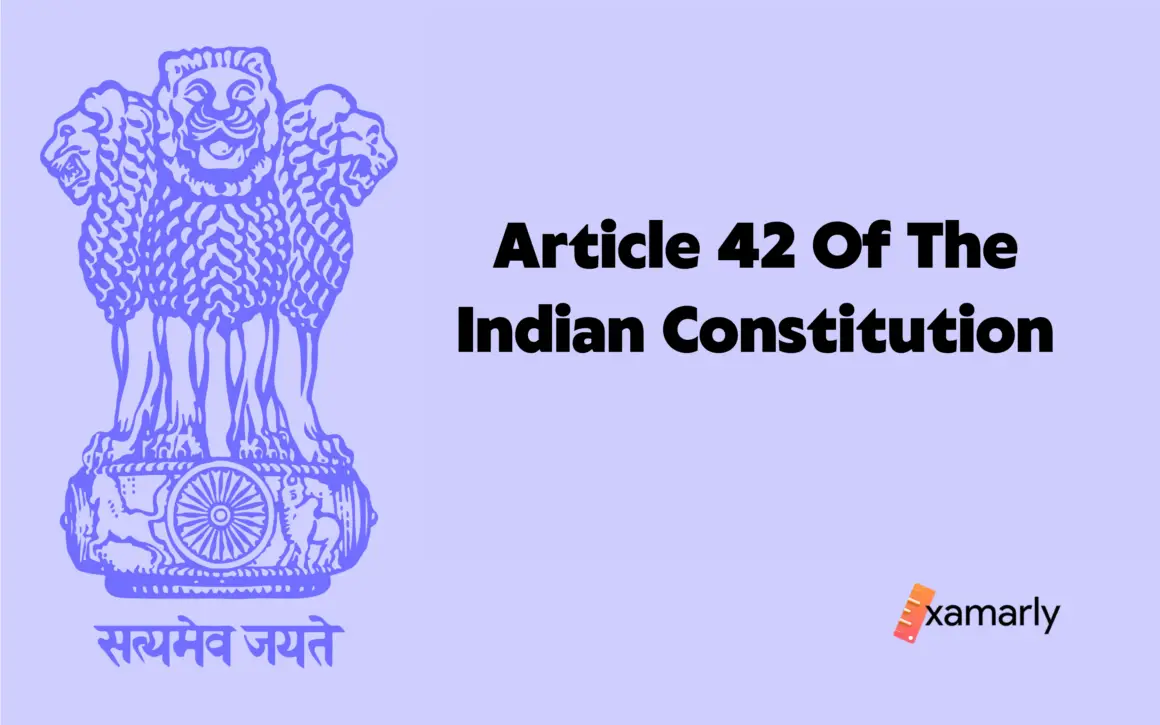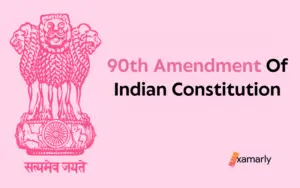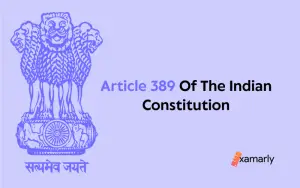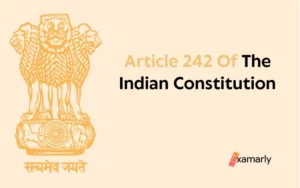Article 42 of the Indian constitution declares that “Provision for just and humane conditions of work and maternity relief The State shall make provision for securing just and humane conditions of work and for maternity relief.”
This article is a part of the Directive Principle of the State Policy and was accepted without any debate and came into existence on 23 November 1948.
- Reasons for Opting for Article 42 Of The Indian Constitution
- Salient/ Essential features
- Important Judgments of Article 42
- Municipal Corporation of Delhi vs Female Workers on 8 March 2000
- B. Shah vs Presiding Officer, Labour Court, on 12 October 1977
- Anshu Rani vs State of U P And 2 Others on 19 April 2019
- Concerned Laws to the Article 42
- Summing Up
Reasons for Opting for Article 42 Of The Indian Constitution
Article 42 ofthe Indian constitution was added to the constitution for the following public services:
- To provide safe and good working conditions to the employees.
- To provide humane work conditions.
- To provide maternity relief to women working in the industries, so that they can take leave without the fear of losing jobs.
Salient/ Essential features
- It instructs the state to pass laws guaranteeing fair and humane working conditions and maternity benefits.
- It is committed to achieving the social and economic well-being of the populace.
- It is a socialist principle to make India a welfare state
- This principle cannot be enforced by the court as it is non-justifiable
Related – Provision for just and humane conditions of work and maternity relief.
Important Judgments of Article 42
Municipal Corporation of Delhi vs Female Workers on 8 March 2000
The female workers who are not permanent claimed that they should also get maternity relief like permanent workers According to the Court, the Maternity Benefit Act of 1961’s provisions comply with Articles 39 and 42. It was mentioned there that forcing a woman to work while she is pregnant would be hazardous to both her and her unborn kid. This is why the Act mandates 6 weeks of maternity leave before and after giving birth.
B. Shah vs Presiding Officer, Labour Court, on 12 October 1977
The Supreme Court had to consider whether or not Sundays should be excluded from the calculation used to determine maternity benefit for the period covered by Section 5. Sundays must be included, the Labour Court said. It applied the construction industry’s beneficial rule in the female workers’ favor and stated that the female workers should be given paid leave during their maternity period to make up for their lost energy and maintain their previous level of productivity.
Anshu Rani vs State of U P And 2 Others on 19 April 2019
The plaintiff requested a 180-day maternity vacation because she was in labor. However, the responder only offered a 90-day leave of absence. The plaintiff then made another request, but the respondent stood firm. The Allahabad High Court ruled that the petition for 180 days of maternity leave was acceptable and ordered the state government to provide all female employees, regardless of the type of their employment, with 180 days of paid maternity vacation.
See Also – Article 41 Of The Indian Constitution
Concerned Laws to the Article 42
Maternity Benefit Act, 1961
The Maternity Benefit Act is among the best measures the government has made to safeguard women’s employment during their pregnancies. Maternity Benefit means getting a fully paid leave of absence from work. This benefit is provided to the lady to aid her in caring for her child. According to government regulations, this act must be implemented within the company in every establishment with 10 or more employees.
A woman must have worked in a company for a minimum of 80 days in the previous year to be considered for the privileges under Maternity Benefit Act. Maternity leave has been increased from 12 weeks to 26 weeks as a result of the 2017 Act Amendment.
The Factories Act, of 1948
This Act aims to control labor conditions in Indian factories. It includes measures for the welfare, leave, health, and working hours of employees. Additionally, it outlines fines for breaking rules, personnel inspections for factories, etc.
There is a low-quality work environment in low-paying sectors like construction, plantation, and sanitation so the occupier of the industry is responsible to ensure that operating machinery and using tools in the factory poses no dangers. The Act mandates that the factory shall be kept spotless by requiring daily cleaning of accumulated filth and weekly cleaning of the workroom flooring. Additionally, there should be a suitable drainage system, an adequate supply of drinking water, and well-placed urinals. Additionally, it stipulates that no employee shall be required to put in more than 48 hours and 9 hours of work every week. All of these actions would guarantee that the workers are treated with justice and humanity, which is stated in Article 42.
Summing Up
Article 42 of the Indian constitution was written with the intent of addressing problems like the well-being, and safety of the workers employed in the factory and providing maternity leaves to pregnant female non-regular or regular workers, and creating a humane work environment for the employees and workers working in the factory or industry whether they are regular workers or not.






